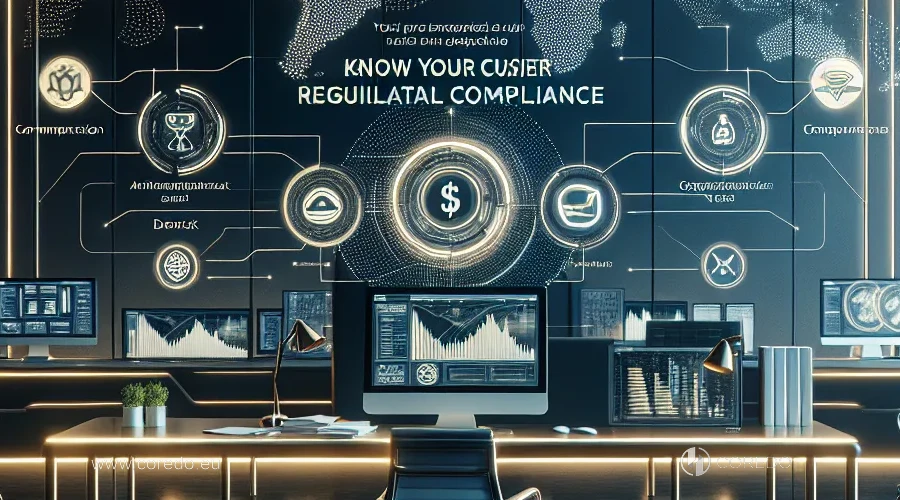Nikita Veremeev
28.08.2025 | 6 min read
Updated: 28.08.2025
AML/KYC for Crypto Business in Dubai 2025 is not just a formality but a key component of the regulatory landscape for everyone planning to operate with virtual assets in the region. In 2025, adherence to AML and KYC standards becomes a mandatory condition for obtaining a crypto license and conducting business under VARA’s supervision. Below, we examine the main requirements and practical aspects of compliance for companies in Dubai.
AML/KYC Requirements for VARA Compliance

VARA regulation requires:
- Implementation of Know Your Customer (KYC) and Anti-Money Laundering (AML) procedures at all stages of the customer journey
- Appointment of a responsible compliance officer with experience in international financial structures
- Development and regular updating of internal policies reflecting the specifics of virtual assets and VARA regulation requirements
The COREDO team integrates compliance automation, allowing clients to respond promptly to new requirements and minimize the risk of fines.
Technologies for Compliance and Risk Management

Key trends in 2025 include:
- Integration of AML systems with blockchain analytics and external databases
- Usage of automated platforms for transaction monitoring and detection of suspicious activities
- Implementation of risk management systems with adaptability to new VARA administrative orders
COREDO’s projects demonstrate that compliance automation not only reduces costs but also enhances the company’s investment appeal.
This raises an important question: how can companies avoid fines and VARA sanctions?
VARA Fines and Sanctions, How to Avoid Them

VARA fines and sanctions are vital issues for any business associated with virtual assets in the UAE: non-compliance can lead to fines, activity suspension, or license revocation. Understanding common mistakes and how to avoid them is critical for maintaining the legal status and well-being of the company.
Common Business Violations and Their Consequences

VARA reacts strongly to:
- AML violations/KYC (fines up to 2 million AED, license suspension)
- Insufficient transparency of operations and capital structure
- Use of privacy tokens (completely banned in Dubai)
- Insider trading and market manipulation with virtual assets
COREDO’s practice shows that most risks arise from insufficient attention to Due Diligence and updating compliance procedures.
How to Ensure Transparency and Accountability?

To minimize risks, it is necessary to:
- Implement international AML/CFT standards and regularly audit internal processes
- Maintain transparent corporate governance and accountability for all virtual asset operations
- Appoint an independent compliance officer responsible for interaction with VARA
COREDO’s solutions help establish a control system that withstands an audit even in case of an unexpected inspection.